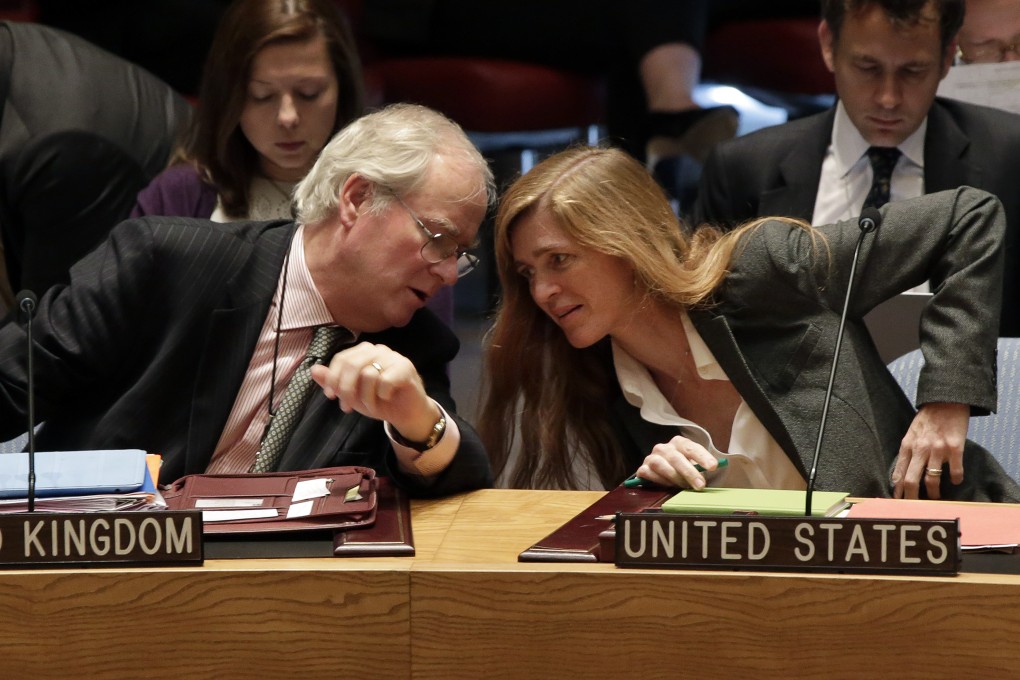Demand for real commitment
The world's powers have said much about Syria's civil war, but done little to help end it. Negotiations with president Bashar al-Assad's government have failed miserably and the death toll has climbed to more than 100,000. A deal agreed by Russia and the US to bring the regime to heel on its chemical weapons stockpile opens the door to the determined diplomacy that has been so far lacking. A UN resolution that makes plain the requirements and the consequences of non-compliance will be a good starting point.

The world's powers have said much about Syria's civil war, but done little to help end it. Negotiations with president Bashar al-Assad's government have failed miserably and the death toll has climbed to more than 100,000. A deal agreed by Russia and the US to bring the regime to heel on its chemical weapons stockpile opens the door to the determined diplomacy that has been so far lacking. A UN resolution that makes plain the requirements and the consequences of non-compliance will be a good starting point.
How a resolution is worded depends on agreement among the UN Security Council's permanent members, divided on one side by Syrian allies Russia and China and, on the other, governments that have been calling for Assad's removal, the US, Britain and France. But it is the elimination of chemical weapons, not regime change, that is on the table and that has to be the focus of discussions. The plan put forward by Russia and the US that lays out a timetable for inspections, abandonment and destruction of the arms by the middle of next year cannot be vague or weak-willed; their possession and use are a violation of international laws. It is for that reason that the UN also has to find who was behind the sarin nerve agent attack on a Damascus district on August 21 that killed almost 1,400 people, sparking outrage and calls for action.
UN weapons inspectors have verified the attack and how it was carried out, but it is premature to apportion blame until there has been an internationally-recognised investigation. Threats from Western governments for military strikes, led by US President Barack Obama, are similarly wrong; the Security Council is the only legitimate forum to determine who is at fault and what response should be taken. Russia, seizing on an off-the-cuff remark by US Secretary of State John Kerry, masterfully took the initiative by suggesting Syria's chemical weapons disarmament. With Assad's government now signing up to international agreements and promising to come clean about its stockpiles, the chance of a repeat will be lessened and a possibility created for broadening discussions.
But agreements and resolutions are not enough. The civil war makes the work of weapons and investigation teams difficult and there is a deficit of trust. Assad's government has to also be willing to comply, as well as being honest about its arsenal. Without full resolve from all involved to rid Syria of its chemical weapons, lives will continue to be at risk.